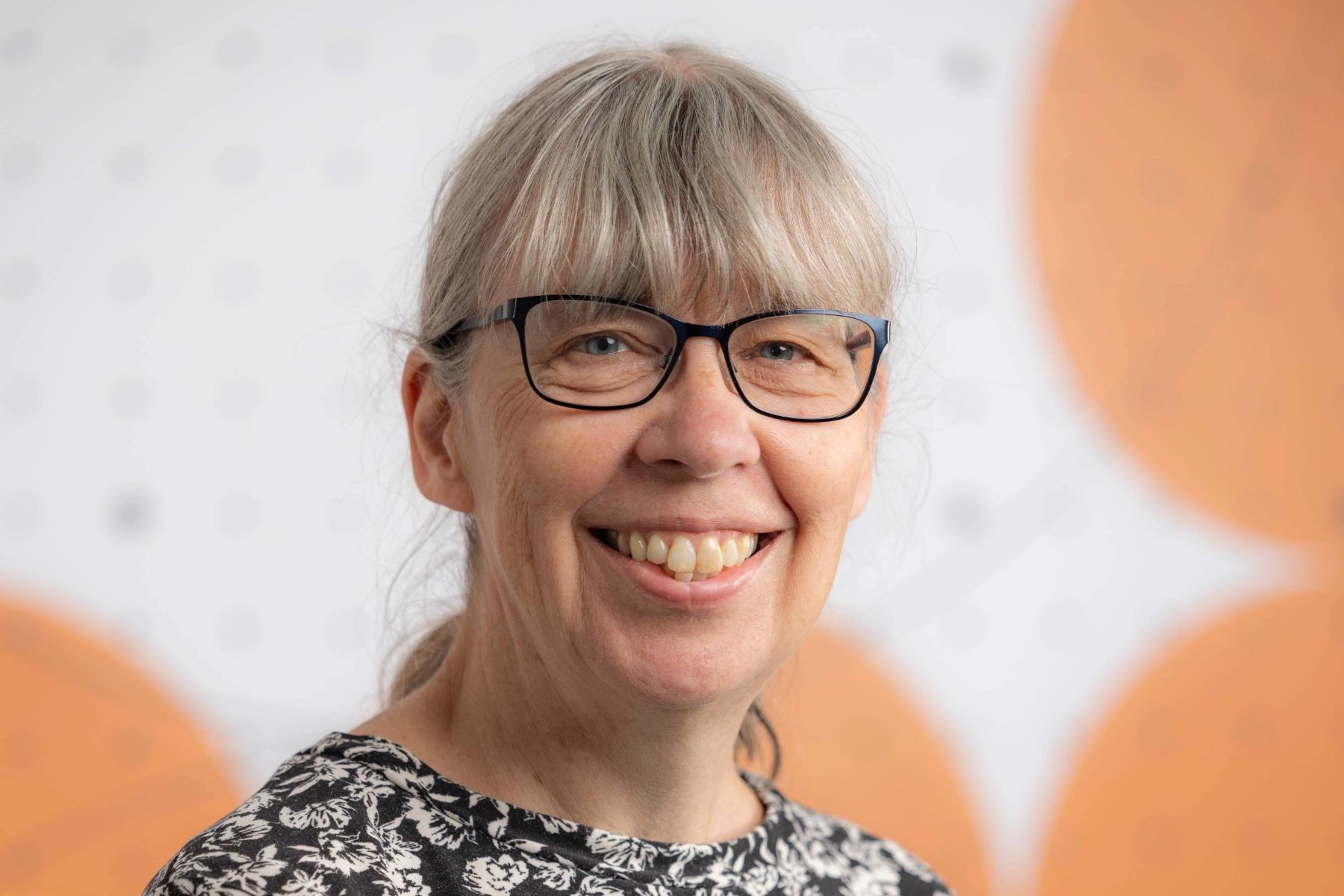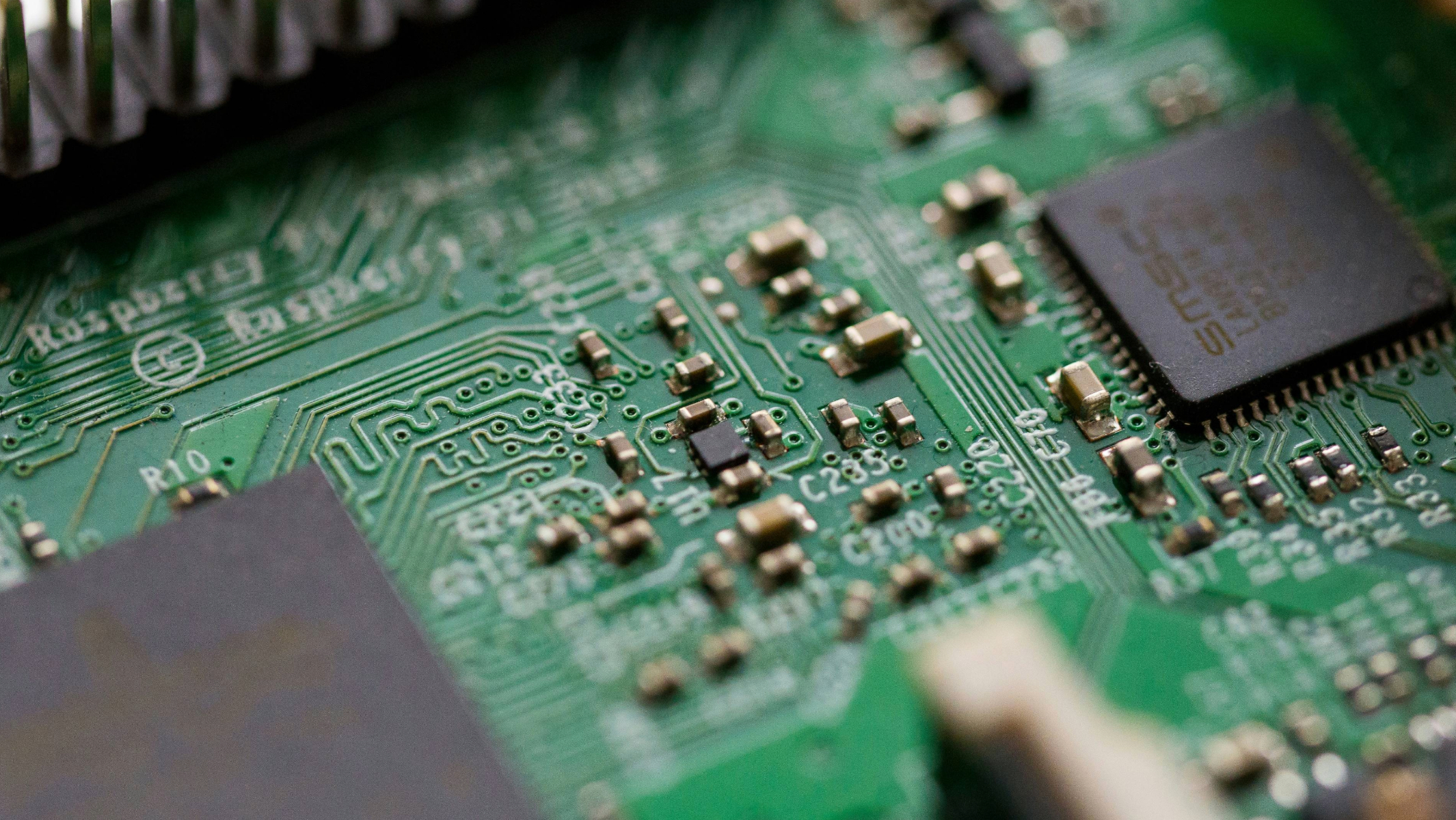High-speed power electronics play a crucial role in making our lives more convenient, efficient and sustainable. They are embedded in many technologies, from household appliances to renewable energy systems.
The Ultra-Fast Current Shunt (UFCS) technology, developed within the Department of Engineering and supported by Cambridge Enterprise, represents a significant advancement in the tools required to enable even more efficient, compact and cost-effective devices to be realised.
In power electronics, switching speeds are becoming increasingly fast, in the order of nanoseconds. It is very difficult to accurately measure current at these fast-switching speeds. Traditional current measurement methods are either too slow or have high parasitic inductance, which can damage power devices.
“This Ultra-Fast Current Shunt technology provides a step change in measurement accuracy that allows the improved performance of many devices we rely on in our daily lives, from cars to induction cookers.”

The UFCS allows accurate, active current measurement over ultra-fast switching times. It is convenient to use and enables the minimisation of switching loss, which can result in energy dissipation and reduced overall system efficiency. By allowing users to see signals that were previously undetectable, the UFCS enables the development of new designs and systems that minimise system losses. The new UFCS not only enhances performance but also contributes to sustainability by driving improvements in power electronic lifetime and efficiency.

The foundation of the UFCS innovation lies in the research conducted by Dr Luke Shillaber and Professor Teng Long in the Department of Engineering. In December 2022, supported by Cambridge Enterprise, Luke successfully applied for Impact Acceleration Accounts (IAA) funding. By 2024, five companies had taken out evaluation licences for the device. In October 2024, PMK – a specialist in electrical probes – took out an exclusive licence to the technology. As part of this relationship, Luke has joined PMK to work on building and developing the devices and establish a UK arm to their company.
Image credits: David Johnson, Unsplash





